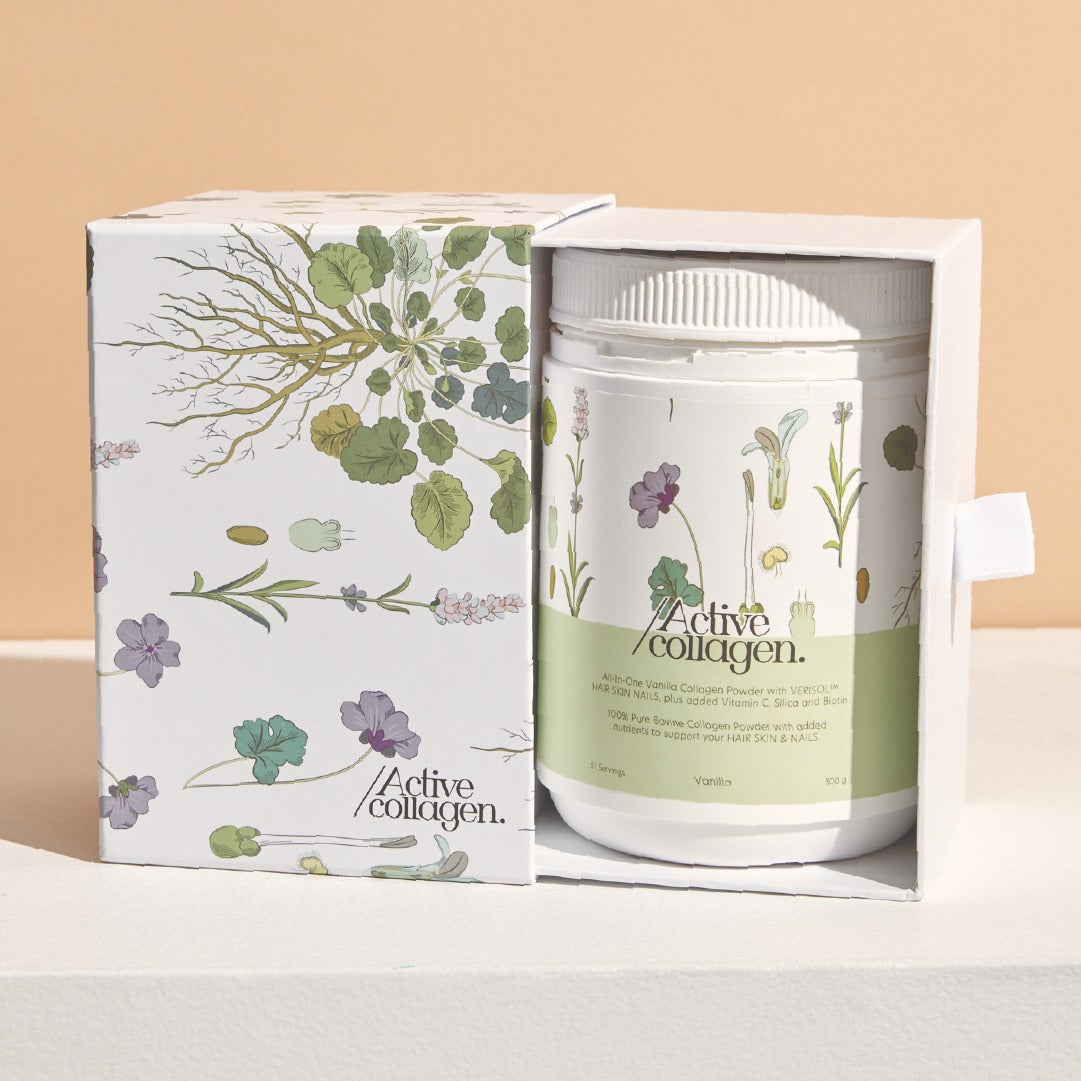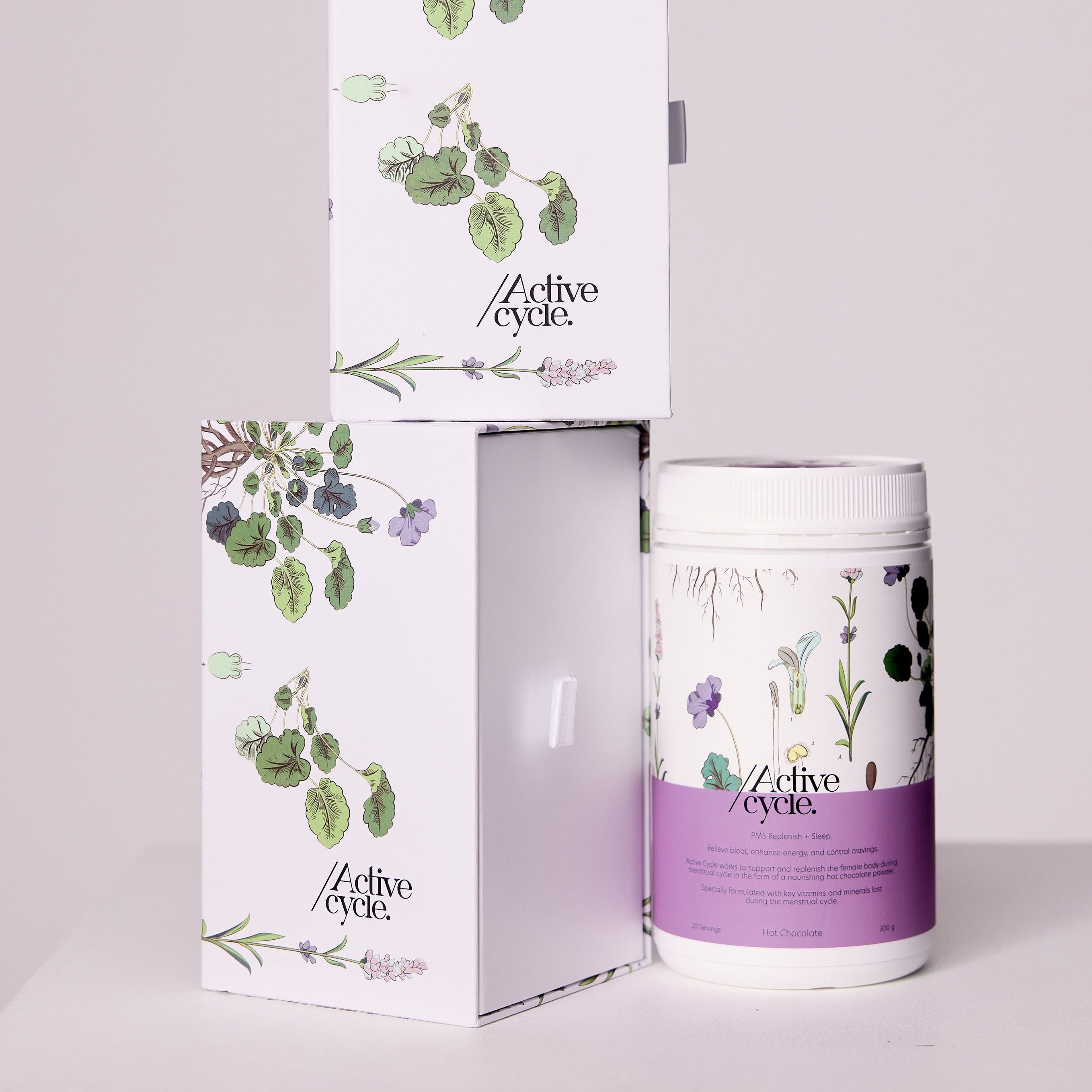Knowledge surrounding the gut as the stem of every process in the body is becoming more and more profound. The latest research surrounding gut health and the microbiome suggests that it’s not just food that impacts our gut; stress, lifestyle and medication use are also major factors.
Ever noticed your digestion get out of whack when you’re under the pump at work? Or you’ve fallen sick after a week of not prioritising healthy meals? This all stems from the link between our overall health and what’s going on with our gut.
Although, it’s good to know that supporting optimal gut health is possible for anyone. By following these simple lifestyle and nutrition hacks your gut won’t know what’s hit it!
EASE STRESS
Let’s face it, stress isn’t good for anything. Especially our gut. The gut and brain are connected via the gut-brain axis which communicates using the vagus nerve, gut hormones, the immune system and of course our microbiome. Gut health issues that arise during times of stress include digestive complaints, constipation, to more chronic disorders such as irritable bowel syndrome (IBS) or gastroesophageal reflux disease (GERD). The gut-brain axis is bidirectional, so it’s no wonder our mental health is affected during stressful times! The balance of good versus bad bacteria in our gut can also be blown out of whack leading to damage of the gut lining.
Staying on top of stress is so important during this day and age where we are exposed to so many extra external stressors. Take a bath, read a book, put down your phone and take a deep breath.
YOUR GUT LOVES FIBRE
Nutritionists can’t stress this one enough! Modern dietary habits are at the forefront of many health concerns such as obesity, metabolic diseases and encouraging inflammation. But by including an abundance of fibre rich foods in our diets – we’re talking vegetables, fruits, legumes and whole grains- this is the easiest way to improve gut health. Dietary fibres, unlike easily digestible carbs, can reach the large intestine where they undergo fermentation by gut bacteria to produce short chain fatty acids i.e., SCFAs. These SCFAs execute anti-inflammatory benefits towards the root causes of chronic diseases.
To be sure you’re getting in enough fibre daily, >30 g/day, include fruit and vegetables in abundance. Try swapping one of your meals to plant-based protein like legumes (chickpeas, lentils, beans) and opt for whole grains to up your intake.
EAT YOUR FERMENTS
Consuming fermented foods isn’t just delicious, they also have a profound positive affect on the composition and function of our microbiome. Fermented foods contain live strains of good bacteria – probiotics – which add to the good bacteria in our gut, helping balance its composition. The benefits of probiotic consumption include protection from pathogens, producing anti-inflammatory affects and enhancing immune defence.
Yoghurt. Kimchi. Miso. Sauerkraut. Kefir. Tempeh. Our microbiota loves them all!
CONSIDER COLLAGEN
Collagen is renowned for its impact on healthy skin, hair, nails and bones. But did you know that it also has a positive effect on the gut? Research has shown that intestinal lining dysfunctions are improved by the effect collagen peptides have on strengthening the physical intestinal barrier, vital for protection against unwanted substances. Visualise the barrier like a jacket zipper, if there are teeth missing on the zipper the jacket cannot be done up properly. When the junctions in our intestinal barrier have gaps this can lead to infiltration of inflammatory causes.
If you do struggle with a gut health condition it is recommended you work with a healthcare professional to address the issue properly. Our Active Collagen All-In-One can be taken safely alongside the above preventative measures to restore and repair optimal gut health.
Foster, J. A., Rinaman, L., & Cryan, J. F. (2017). Stress & the gut-brain axis: Regulation by the microbiome. Neurobiology of stress, 7, 124–136. https://doi.org/10.1016/j.ynstr.2017.03.001
Rinninella, E., Cintoni, M., Raoul, P., Lopetuso, L. R., Scaldaferri, F., Pulcini, G., Miggiano, G., Gasbarrini, A., & Mele, M. C. (2019). Food Components and Dietary Habits: Keys for a Healthy Gut Microbiota Composition. Nutrients, 11(10), 2393. https://doi.org/10.3390/nu11102393
National Health and Medical Research Council. (2019). Nutrient Reference Values: of Australia and New Zealand. Dietary Fibre. https://www.nrv.gov.au/nutrients/dietary-fibre
Stiemsma, L. T., Nakamura, R. E., Nguyen, J. G., & Michels, K. B. (2020). Does Consumption of Fermented Foods Modify the Human Gut Microbiota?. The Journal of nutrition, 150(7), 1680–1692. https://doi.org/10.1093/jn/nxaa077
Chen, Q., Chen, O., Martins, I. M., Hou, H., Zhao, X., Blumberg, J. B., & Li, B. (2017). Collagen peptides ameliorate intestinal epithelial barrier dysfunction in immunostimulatory Caco-2 cell monolayers via enhancing tight junctions. Food & function, 8(3), 1144–1151. https://doi.org/10.1039/c6fo01347c
Lee, B., Moon, K. M., & Kim, C. Y. (2018). Tight Junction in the Intestinal Epithelium: Its Association with Diseases and Regulation by Phytochemicals. Journal of immunology research, 2018, 2645465. https://doi.org/10.1155/2018/2645465




